Going Off The Grid – Book Review
I recently had the opportunity to review Going Off The Grid, The How-To Book Of Simple Living and Happiness by Gary Collins. We want to move off the grid, so I am reading anything I can get my hands on that deals with off grid living. The highlight of this book was the security section, as many people have the unrealistic idea that troublemakers aren’t around in the country. The book is a good general introduction to building off grid.
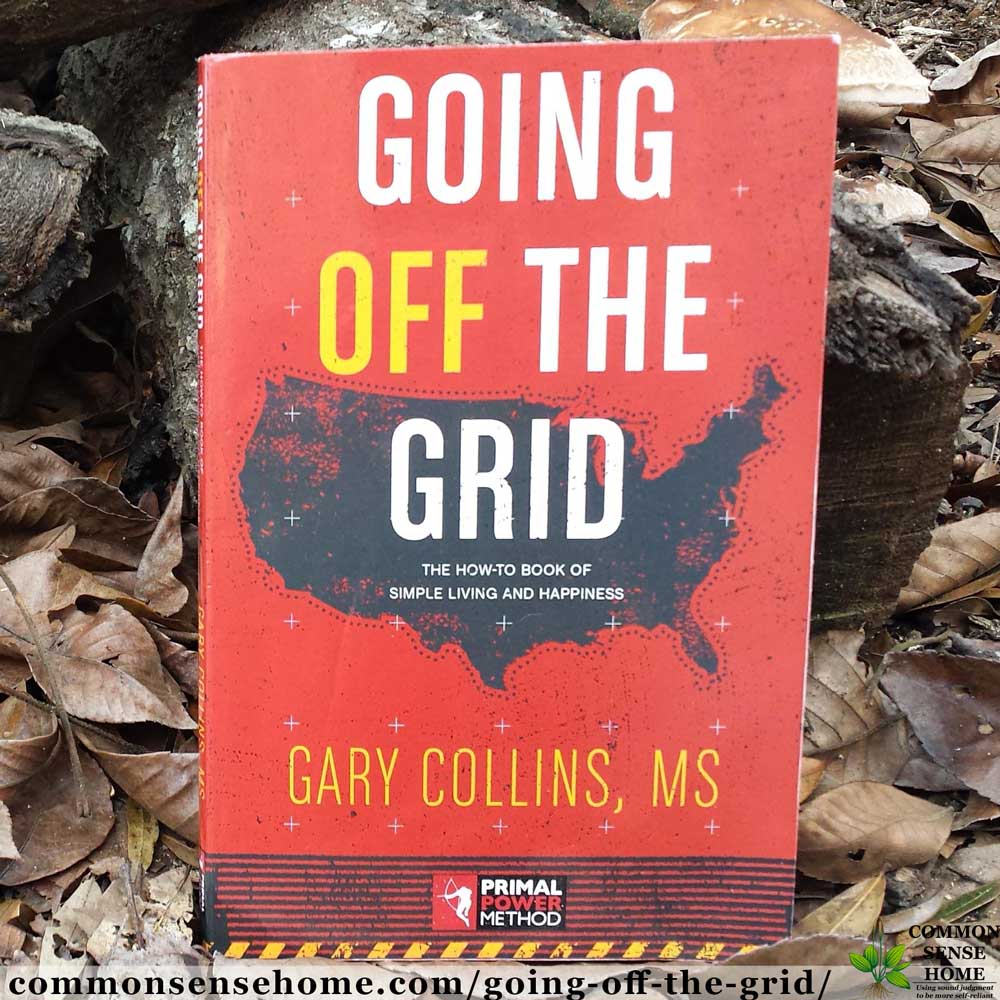
Going Off The Grid: The How-To Book Of Simple Living and Happiness
First of all, I should note that everyone has a different opinion on what off grid living is. I know friends that have a few solar panels and aren’t connected to city utilities; they supplement with propane or gas and live “off the grid.” In addition, I have friends who do not consider anyone “off grid” unless they provide 100% of their own needs.
The author of this book is not an extreme off grid living hermit. He enjoys modern day luxuries–like a flush toilet.
Going Off The Grid – About the Author
“Collins’ background is very unique and brings a much-needed perspective to today’s fields of health, nutrition, and self-reliance. He holds an AS degree in Exercise Science, a BS in Criminal Justice, and an MS in Forensic Science. After an exciting career in military intelligence Collins worked for the U.S. State Department, the U.S. Department of Health and Human Services, and the U.S. Food and Drug Administration as a Special Agent. His career has taken him around the world and given him a unique perspective on the United States, in fact, the world, is affected by our food, drug, and healthcare policies.” (Collins)
Gary Collins has a sarcastic sense of humor that I personally can relate to. In addition to his humor, I enjoyed his Gary-isms and chapter summaries. Although his background provides him with many qualities suited for this lifestyle, he is not an off-grid veteran. From what I gather from his book, he was writing it as he was building his first off grid home.
The author is conscious in warning the reader of legalities and local laws. In my experience, this can not be expressed enough. Often, those wanting to be homesteaders or wanting to live off the grid do so without making sure it is first legal in their area.
The author goes into how he, like many of us, was tired of the rat race and yearned to pursue a more simplistic lifestyle. He diligently searched for information applicable to his desire to move off grid and found very little useful material. Thus, he wrote about all of his learning curves during his new construction process in hopes that we don’t make the same mistakes he did.
Going Off The Grid- The Good
To begin with, Collins is very thorough in the topics he discusses. I believe if you are interested in moving off of the grid that this book will get your toes wet. However, you will need to add much more to your library if you want to cover all of the bases or wish to gain more in-depth knowledge surrounding this subject. On the other hand, if you are just wanting to entertain the idea of going off of the grid, this book is an excellent place to start.
His journey to living off the grid isn’t anything too hardcore or daunting. The challenges and obstacles he faced seem very doable for the average person/family. You won’t have to set traps for your food or carry water to your home’s site in buckets if you follow in his footsteps.
Water
I found his points on drilling a water well very informative. Not to mention the price quotes are not outdated so that gives you an excellent starting point. He also addresses the issues of septic and black-water. See “Emergency Water Storage and Filtration – What You Need to Know Before Emergencies Hit” for tips on water storage wherever you live.
Land
In addition to a water source, when looking for the perfect off grid land, he enlightened me about looking at logging land. I never thought to consider logging land before. He made some valid points such as how the land will have a road cut in (which saves you time and money). Logging land will also have a site cleared that has been compacted which is a perfect place to build a home.
Fortunately, the logging company that the author bought his land from kept that in mind. They purposefully chose a landing pad with a view to add to resale value and the company removed trees selectively.
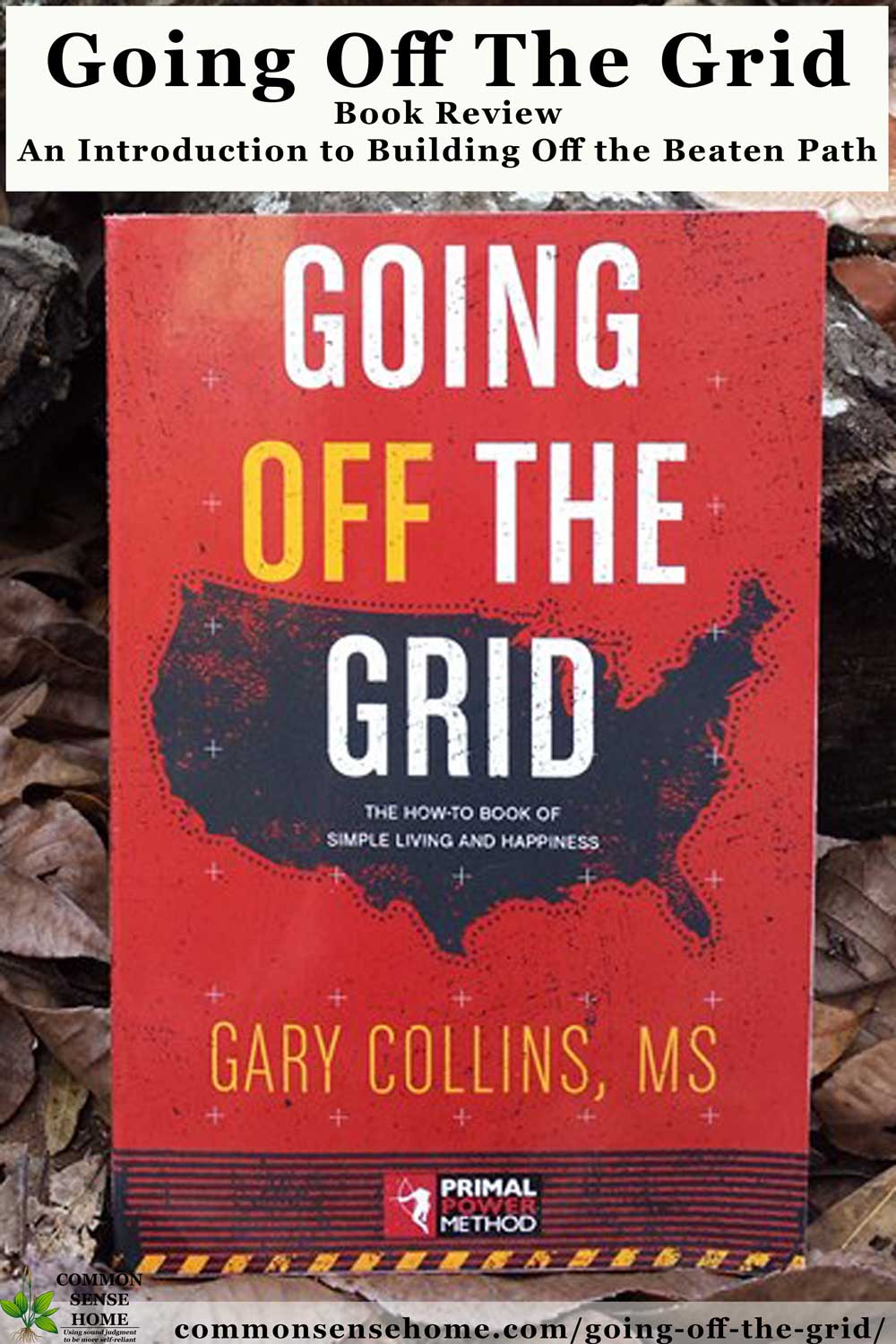
Would you like to save this?
Contractor
If you are not doing the construction yourself, he outlined some very good tips on how to find a carpenter. Apparently, he went through some pretty horrible experiences with contractors and heavily warns you about it in the book. As a contractor myself, I hate to see that he went through such a bad experience, although I would like to note that there is good and bad everywhere. I believe there are an equal amount of good contractors out there. The lesson you can take away from his experience is to do your due diligence. Get referrals, get contracts, dot your i’s, and cross your t’s. I would recommend this advice to anyone, not just those who want to move off the grid.
Security
The author’s former law enforcement employment makes this portion of the book a must-read. I think that many of us, myself included, tend to feel safe when we are out in the country. Our mindset is on the scenery and the freedom, not protecting our land and build site. Once again, he shares his experience about thieves and offers some wisdom of security measures to implement.
Unfortunately, at our small coastal homestead, we were robbed in the past during the evening while we were asleep. That event changed me for life. I lived with the illusion that when we moved to the country, we’d be immune to such criminal activity. Reading about the author’s experience made me realize that there is no escape from evil. You have to protect what is yours and never let your guard down. Even if my only takeaway from the book were to be his security tips, it still would have been worth the read.
Going Off The Grid – The Not so Good
It’s almost unfair that I comment here because I have researched for so long. I’ve had the unfair advantage of being blessed with many friends that have lived off the grid for years. These friends freely share their knowledge and I have been a sponge, soaking every bit of it up. The author didn’t have this same privilege. He was starting from ground zero and little outside help. For that, I tip my hat.
For those who want to be completely off grid and do much of the work themselves, I doubt this book will fill your desire for knowledge.
I’m assuming he had a pretty decent savings in order to fund his build and he talks about how he got a loan to finance the rest.This is not a D.I.Y. book, as he hires out much of the work. This alone is something most people can’t do who desire to live off the grid, nor do they want to. We are trying to remove ourselves from debt and dependency, not accumulate more.
As I mentioned above, we are contractors by trade. We have owned our own business for over 20 years and have very loyal clientele. We haven’t been able to accept new clients in almost two years because of our repeat business. Given our personal experience, I found his attitude towards contractors very offensive. We are not all bad, nor are we criminals that should be treated with mistrust from the get-go. Of course, this is a biased perspective and I’m sure there are no ill-intentions with the warnings he gave.
The information on solar and alternative energy sources is very slim. It covers many of the options, but does not go into enough detail to implement a project.
Worth The Read
At 143 pages, this book has enough valuable information for anyone wanting to move off the grid. As mentioned above, the security reminder was worth it to me.
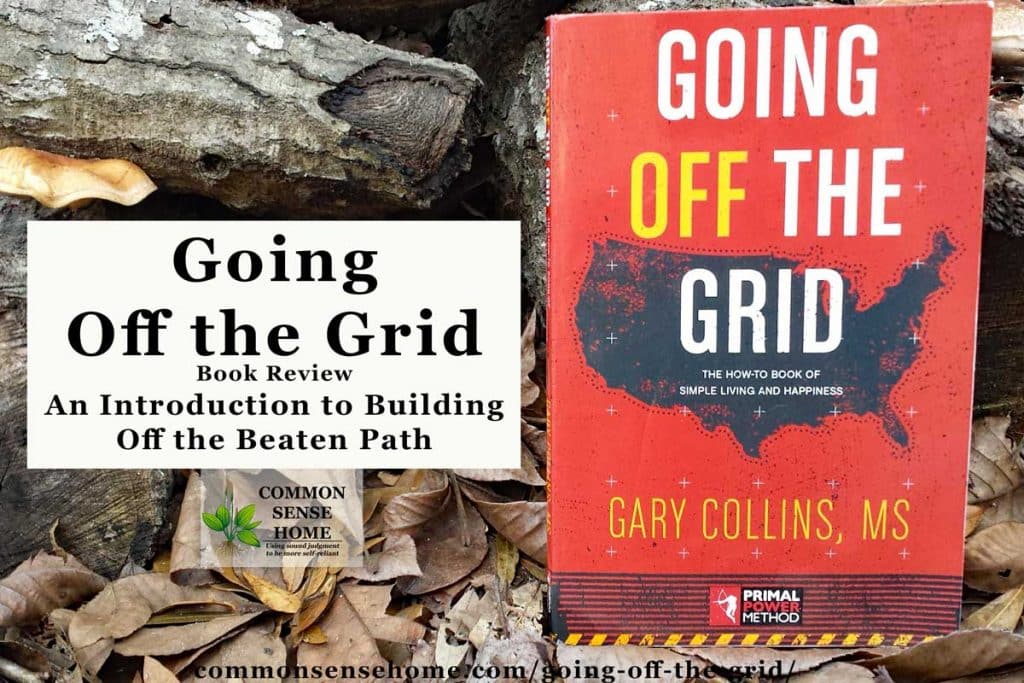
You may also find useful:
- ICF Construction – What You Need to Know About an ICF Home
- Aging in Place – Making Your Home Livable for a Lifetime
- Emergency Power Options for Your Home
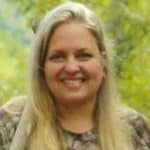
This post is by Amber Bradshaw of My Homestead Life.
Amber and her family moved from their tiny homestead by the ocean in South Carolina to forty-six acres in the Smoky Mountains in East Tennessee.

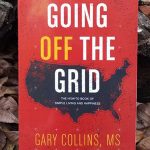
who do you go and ask about if the land can be used for off grid? how do know if the land you buy has water to drill? what about living half under ground?
You should be able to check with the local municipality for zoning regulations that affect the land that you want to purchase. For instance, in our township, our land is zoned for only one house on the 35 acres, combined with agricultural use. We cannot subdivide, or run a storefront type business without a zoning change.
Water – the only way you’ll know for sure is to drill a well, but again, you should be able to check with the local municipality and neighbors to find out about typical well depths, water quality and other common issues.
If you’re interested in earth sheltered construction, again, this as area specific. If there’s a high water table, or very shallow soil over bedrock, you can’t dig down, but you may be able to partially bury an above ground building. I encourage you to visit some earth sheltered homes before you commit to that style of construction. We considered it, but I found that while spending time in some, they felt claustrophobic to me. We ended up with a walk out ranch.
If you are building on a hillside or rolling terrain, you may be able to more easily build into the side of the hill.
Look around the area you want to build in, and see what’s working well for those already living there. Ask lots of questions.
I’m the author and just wanted to correct a few things that I think were missed. First, I want to thank Amber for the very thorough review… very well done 🙂
Yes, this was my first go around at living off the grid, but I have owned and remodeled several properties over the last 20 years (as a side profession), so not a rookie to construction and dealing with contractors. I’m sorry Amber was offended by my contractors section, that was not the intent. Again, I have being dealing with them for a long time, heck there are numerous TV shows dedicated to bad contractors, so I felt it was important to explain to people who have little experience to be very careful. I’m pretty straight-forward in everything I do, so again the chapter was meant to inform.
I applaud Amber and her husband for being some of the good contractors out there, and I’m happy to hear they are booked solid. These are the contractors I love to work with, but as you can see with them not accepting new clients you are left with contractors who are not booked, which can be good and bad.
Another point, I used contractors because it was a difficult project with materials I had never used before. I also own and operate my own business, and I’m a writer so I don’t have the time to tackle a project like this all on my own. Trust me I wanted to, but just couldn’t, and to be honest most people who go off the grid I have found have a lot of help in one way or another.
Also I have not taken any loans, as Amber indicated, I talk about creative ways you can finance an off the grid project project if you so desire. I have paid 100% cash and did it increments – saving and then building until I ran out of money. I do not have better finances than most, but I’m good with money and saving. So this house and project is 100% debt free I own nothing on the property or house.
Again thanks for the review Amber and this book is intended for those who are just looking to get started a more advanced book will be coming in the future 🙂
Also forgot, I have done probably around 40-50% of the project on my own, contracting out the things I did not have time or the expertise to do.